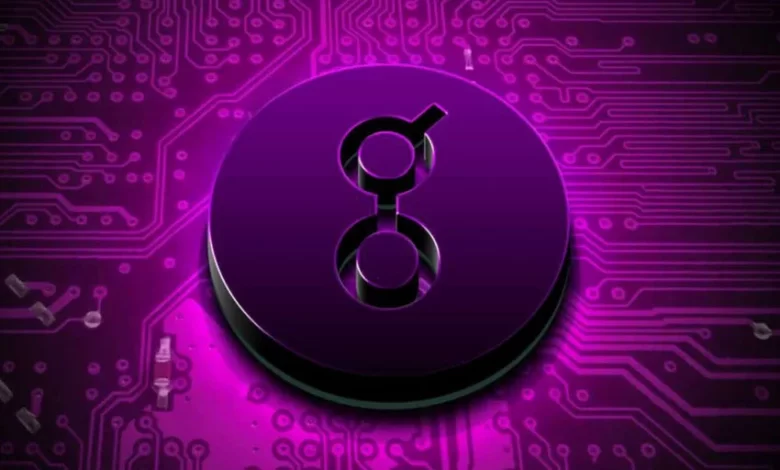Golem (GLM): A Comprehensive Guide and Price Predictions

Golem, abbreviated as GLM, stands out as a pioneering network facilitating the seamless sharing of digital resources. But what exactly is Golem (GLM), and what can we expect from its future price trends?
What is Golem (GLM)?
Golem positions itself as a versatile, open-source platform designed for peer-to-peer (P2P) sharing of digital assets, notably idle computing power. The network’s modular architecture supports a diverse array of projects, including machine learning, data analytics, video transcoding services, CAD simulators, chemistry simulations, and image and video rendering.
Operated on Ethereum’s (ETH) layer-2, Golem boasts a payment system that facilitates swift, cost-effective micropayments for its highly scalable services. This framework eliminates concerns related to gas fees, onboarding costs, and network congestion issues, as highlighted on the project’s official website.
It may interest you: Unlocking on This Token!
As a utility token, GLM serves as the gateway to accessing the Golem Network, functioning as the primary currency for peer-to-peer transactions involving the rental of idle digital resources, such as spare computing power.
Founded in 2016 by Julian Zawistowski, Andrzej Regulski, Piotr Janiuk, and Aleksandra Skrzypczak, Golem made waves as one of the earliest blockchain projects to secure crowdfunding for network development. The debut implementation of the protocol, Brass Golem, hit the Ethereum mainnet in 2018, marking a significant milestone for the project.
In 2020, Golem underwent a transformation with the introduction of a new architecture. This overhaul coincided with the gradual migration of its native token, GNT, to the GLM token, a process initiated in November 2020. With a maximum supply of one billion tokens, all currently in circulation, GLM commands a market capitalization of $415.6 million.
Golem’s transition to the ERC-20 format underscores its alignment with Ethereum’s layer-2 transaction framework, necessitating ERC-20 tokens for seamless operations. While GNT initially lacked ERC-20 compatibility upon its 2016 launch, this migration reflects Golem’s commitment to adhering to industry standards and enhancing interoperability across layer-2, decentralized finance (DeFi), and decentralized exchanges (DEXs).
Notably, in September 2021, Golem introduced Thorg, a mining application leveraging layer-2 payments on the Polygon network. This move was followed by the release of Beta IV on December 8, 2021, which incorporated support for Golem’s new Polygon mainnet payment driver.
The transition to Polygon offers several advantages over the previous payment driver, ZkSync. Polygon transactions feature substantially lower fees compared to ZkSync, with transaction costs reduced by 100-200 times, depending on the prevailing gas price. Furthermore, Polygon transactions finalize after 128 blocks, ensuring swift processing times compared to ZkSync.
It’s imperative to recognize that GLM, being Ethereum-based, operates as a token rather than a coin. Despite references to a “Golem coin price prediction,” GLM is indeed a token.
In Conclusion
Golem (GLM) continues to evolve as a dynamic platform for decentralized resource sharing, underpinned by Ethereum’s robust infrastructure. With ongoing advancements and strategic integrations, Golem stands poised to unlock new opportunities in the digital asset landscape.
Stay tuned for the latest developments and price forecasts surrounding Golem as it navigates the ever-changing crypto market terrain.
Also, you can freely share your thoughts and comments about the topic in the comment section. Additionally, don’t forget to follow us on our Telegram, YouTube, and Twitter channels for the latest news and updates.